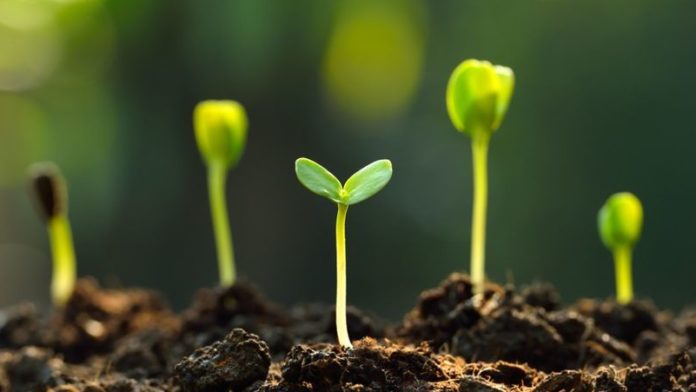
KORE CEO Brad Sampson believes the current potash price is unsustainable as it was “crippling” for farmers but he believes the market will remain buoyant in the long-term – an outlook that’s good news for Kore’s recently scoped Kola muriate of potash project.
According to a recent study, Kola could be developed for $1.83bn, some $600m less than in previous scoping Sampson acknowledges was over-worked.
It’s now up to Kore’s partners – a consortium consisting of the Oman Investment Authority and SQM, a Chilean chemicals company – and China’s SEPCO Electric Power Construction Corp. to come up with a financing and construction option.
SP Angel, the UK stockbroker said project financing would be “one of the major catalysts” in unlocking value from Kore. “The project offers potentially one of the most competitive potash supply sources for end markets in Brazil,” it said in recently initiated coverage.
While Sampson doesn’t think current potash prices are sustainable, the mineral’s price may nonetheless rebase. That is potentially transformational for Kola. The proposed mine is premised on a price of $350/t which pales next to the current spot price of $1,200/t. “The current price is completely unsustainable because it’s crippling farmers financially; their yields and quality will decline very quickly,” says Sampson in a recent article published in the Financial Mail. Still, it’s likely prices will settle at a market incentive price north of $400/t.
Other than financial, there are other reasons why projects like Kola ought to be built in Sampson’s view. He says the decentralisation of fertiliser production, which is controlled by seven producers, is a critical element of decarbonisation. Potash mined in Canada is delivered 1,500km by train to Vancouver where it’s shipped enormous distances to South American and Asian customers.
“We can do much better than that as a global population,” says Sampson. “Having decentralised production closer to end users has to be good in long term because the real cost of burning fossil fuels hasn’t been brought to account yet.” By contrast, shipping routes from the RoC to the important Brazil market, and growing African markets, are profoundly shorter than Canadian production.
Amid these developments, Kore is beginning to turn heads. UBS recently produced a ‘101 Potash’ note following the Kola study while Align Research, a UK-based company, said the potash market was playing into Kore’s hands. “All the pieces are now almost in place to allow Kore to commence a dramatic growth trajectory,” it said.
Kore is also defensive in the face of recession since growth in potash (and fertiliser) demand – which is currently about 70 million tons annually – is linked to population growth projected to be 2% to 3% a year. Unless there’s shrinkage in world numbers, which is unlikely, the globe will need at least 1.5Mt of additional potash a year – equal in size to a new Kola.
Potash is one of a cast of players in fertiliser production that also includes polyhalite, a product currently being investigated by Anglo American. Its Woodsmith project in northern England is currently subject to a technical review. Having invested £390m so far, however, the group’s former CEO Mark Cutifani said in February the group was even more enthusastic about its prospect than at the time of buying it from its original owner, Sirius Minerals.
Polyhalite is different from potash in that while it and potash are formed from potassium, the former is a hydrated sulphate that contains other helpful goodies such as magnesium and calcium – chemicals that plants love and that also occur as the hard-to-read ingredients on multi-vitamin packaging.
Another commercial fertiliser is phosphate, although it’s essential to say it’s in an entirely different family to potash. Whereas potash is a form of potassium, phosphate is a type of phosphorous rock.










